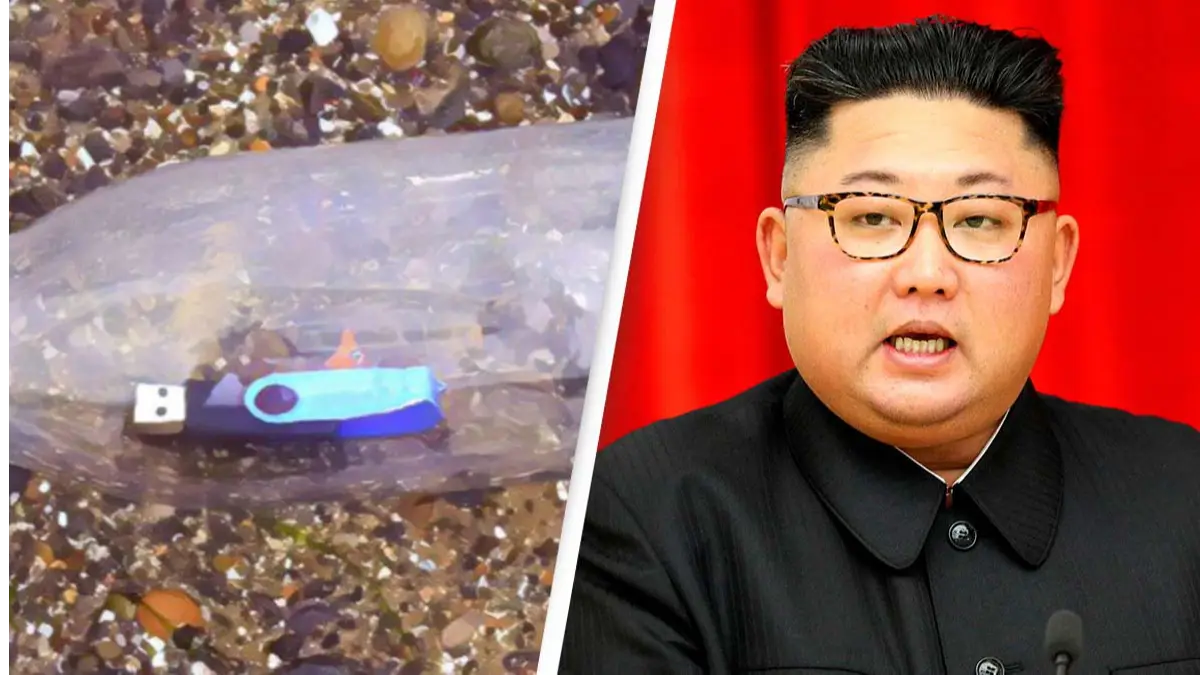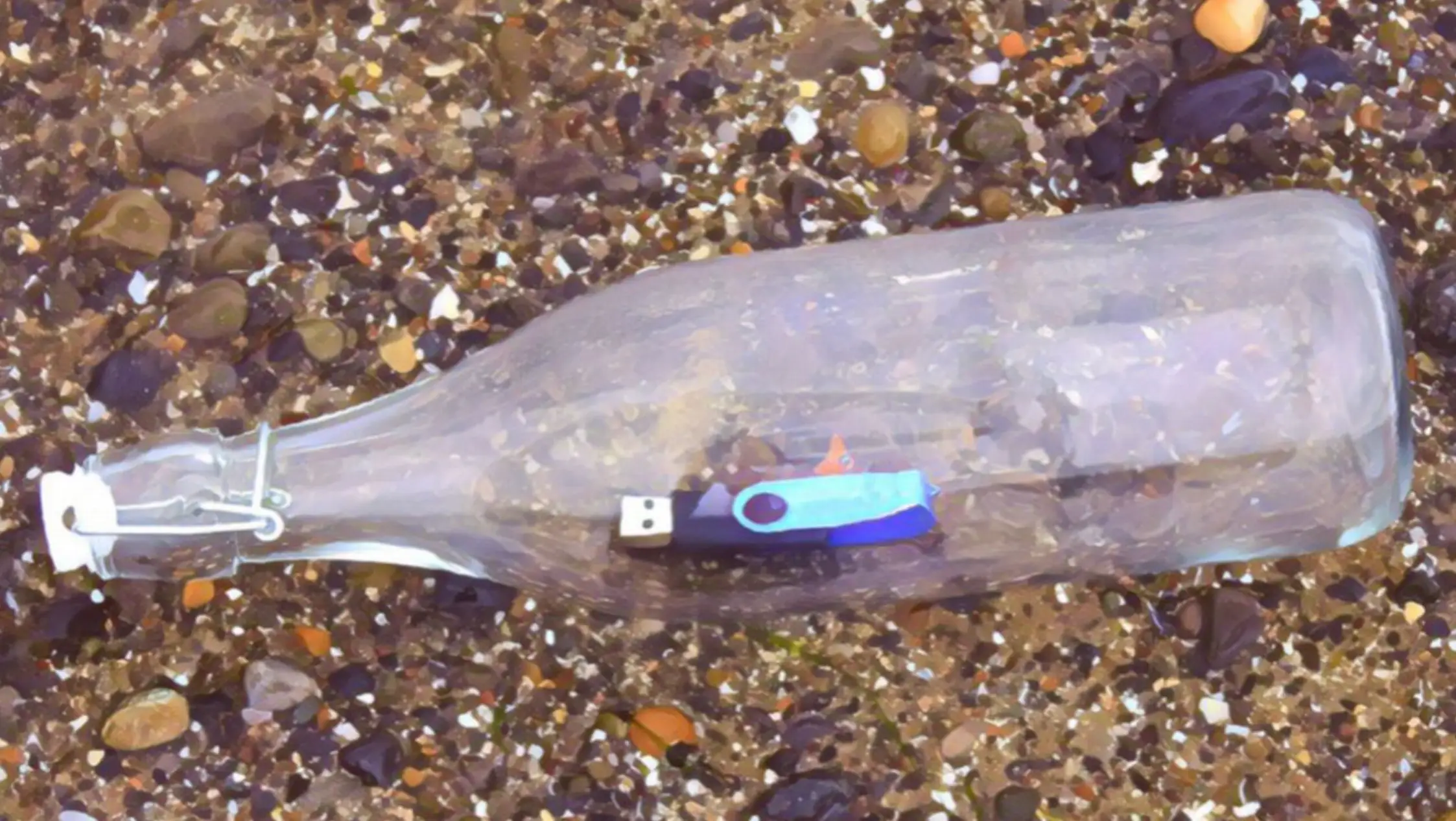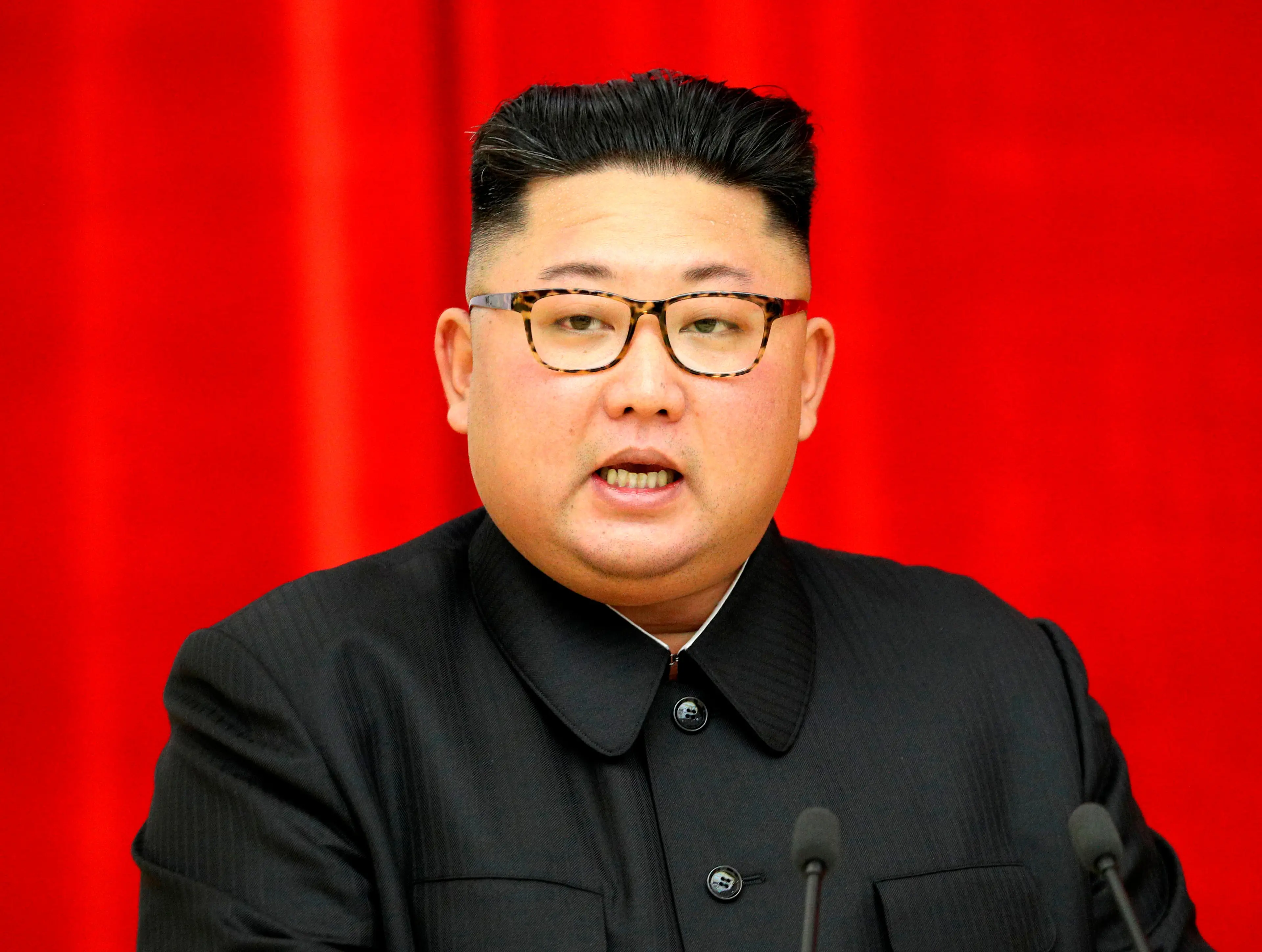
North Korea might have banned foreign media from getting into the country, but it is still happening in an unlikely way.
People are sending thousands of banned media and news reports into the country by concealing USB sticks and SD drives in glass bottles and floating them across the border.
They are being specifically sent in by a US nonprofit, the Human Rights Foundation (HRF), who wants to ensure that people in the country still have access to the banned media - albeit in a limited form.
Now, shocking images of the USB sticks in the glass bottles are being publicised by NK News, a local news outlet.
Advert

News of the media defying the ban comes after two teenage boys were recently killed for defying it - a killing that took place in front of horrified locals in Hyesan.
As reported by the Mirror, the teens were aged between 16 and 17 and had defied the ban by watching films from South Korea.
The residents explained that prior to the execution, which took place on an airfield, they were warned: "Those who watch or distribute South Korean movies and dramas, and those who disrupt social order by murdering other people, will not be forgiven and will be sentenced to the maximum penalty - death."
Residents had been warned of the penalty a week before the executions took place amidst an increased crackdown on banned foreign media.
The warning was particularly aimed at anyone consuming content from South Korea, as the executed teenagers did.

The HRF said that they had sent 2,000 USB sticks and flash drives into the country as part of their Flash Drives for Freedom programme, which contained 'educational content' about topics including human rights.
Seongmin Lee, a North Korean defector, believes that each illegal drive could be circulated around 10 people in North Korea.
"This translates to disseminating outside information to 20,000 North Koreans this year alone," he said.
As stated on the HRF website, the campaign describes itself as 'a significant form of sharing information in North Korea' as a lot of citizens have devices that allow them to access the media.
They explained: "Flash Drives For Freedom is a campaign that travels the world inspiring people to donate their own memory drives.
"An initiative launched and managed by the Human Rights Foundation, Flash Drives for Freedom is significantly increasing the capacities of these North Korean defector groups."
Topics: News
